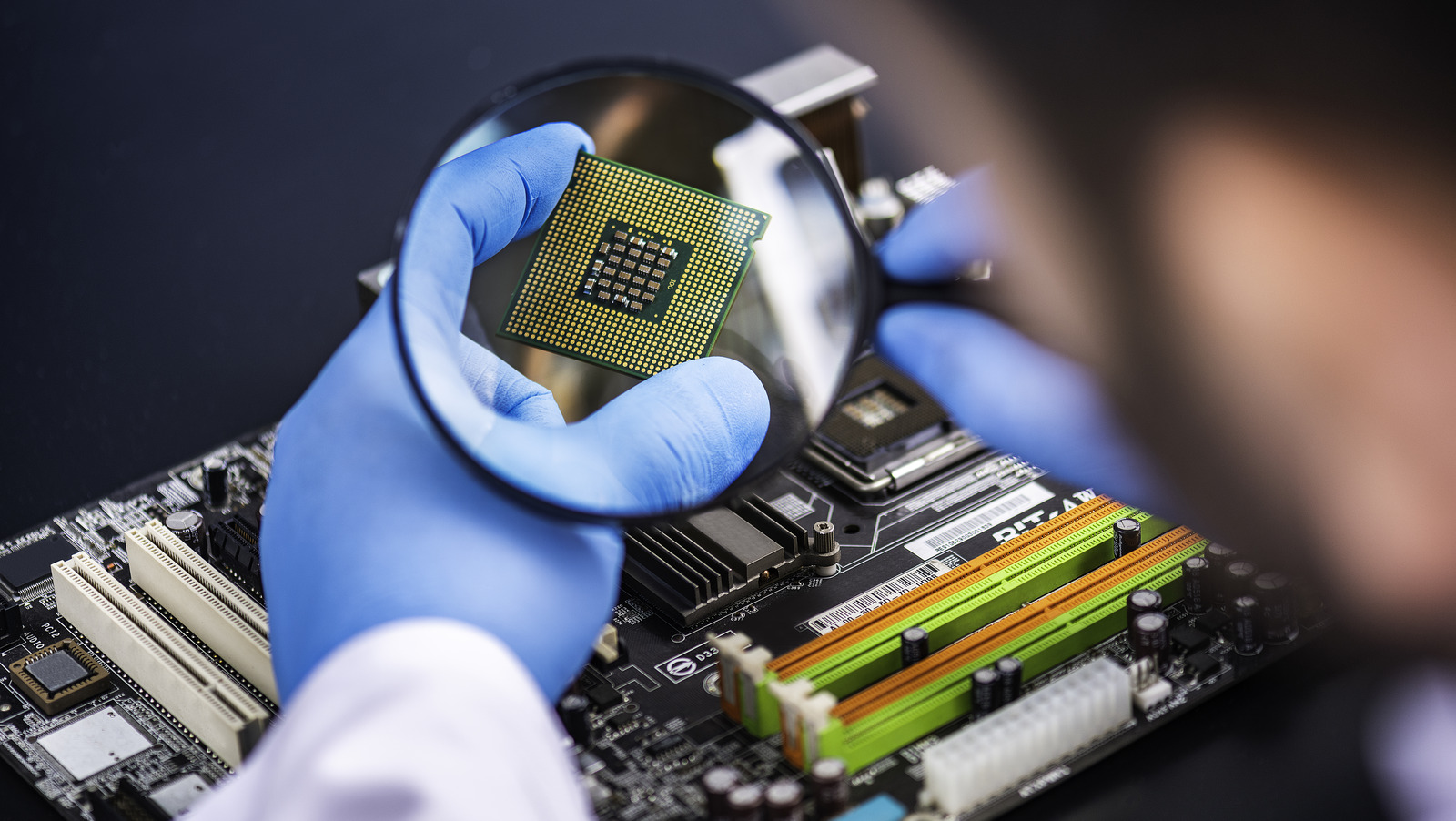![]()
To address the dwindling sales of consumer electronics, Samsung Semiconductors took a preemptive step in April 2023 by announcing significant production cuts. Other players in the market, such as SK Hynix and Micron, are following suit by slowing down production in response to the stagnant PC market. TSMC, a major player in the global smartphone market, is also feeling the pressure. Nevertheless, Samsung expressed hope, predicting a recovery in global demand for memory chips in the latter half of the year.
However, as outlined earlier, the production cuts have already had a major impact on the financials of these companies. To somewhat soften the impact, semiconductor companies are diversifying their product portfolios and exploring new markets for memory chips, such as automotive applications, AI, and IoT devices. By expanding their customer base, they aim to reduce their dependence on the more volatile consumer electronics segment and achieve a more balanced revenue stream.
Interestingly, not all types of semiconductors are experiencing oversupply issues. For instance, the auto sector is still witnessing substantial demand for memory chips. However, it’s essential to note that chips designed for cars differ significantly from those used in laptops, smartphones, and servers. Hence, automakers cannot readily utilize the surplus chips in their vehicles.
It remains to be seen how well the semiconductor industry — which has proven to be resilient in the past — recovers from this latest challenge.
For all the latest Games News Click Here
For the latest news and updates, follow us on Google News.

